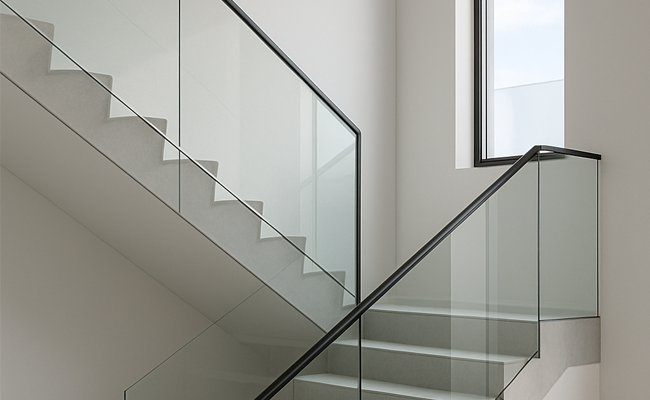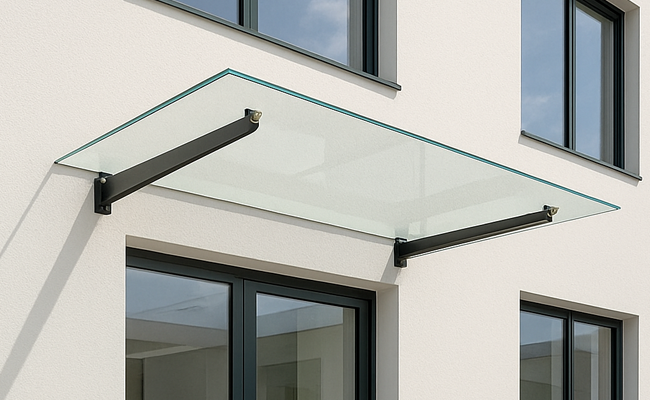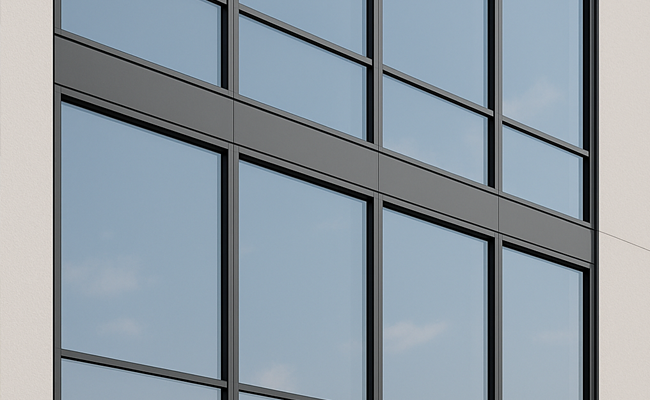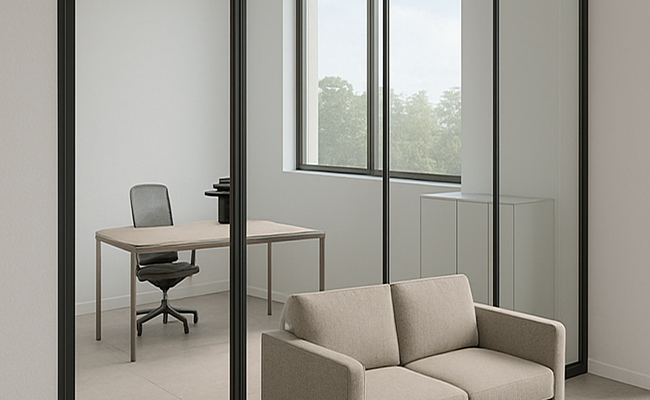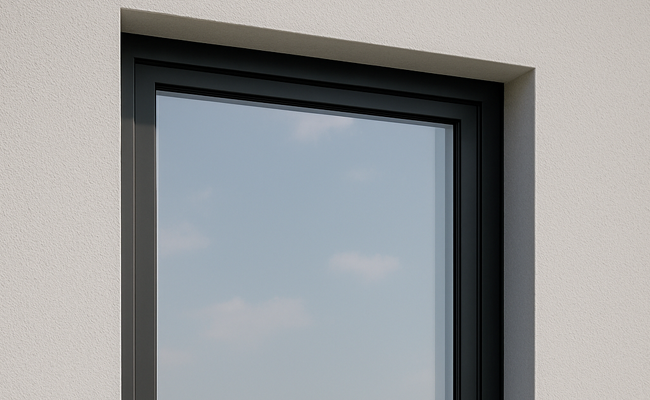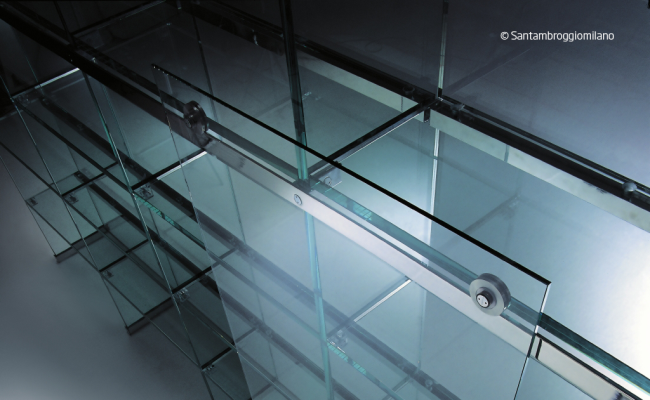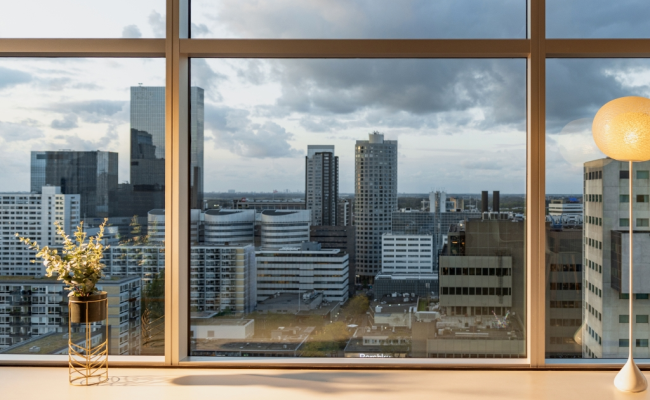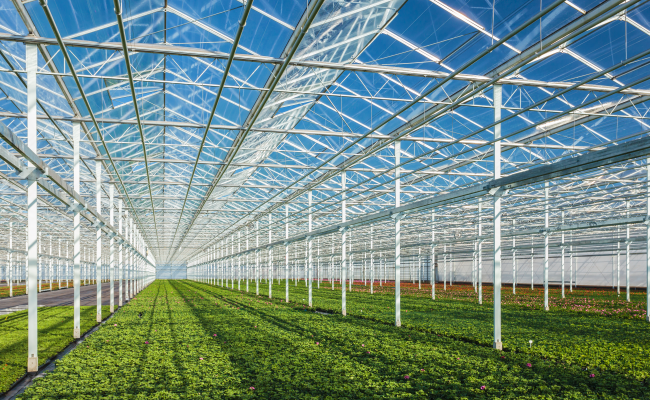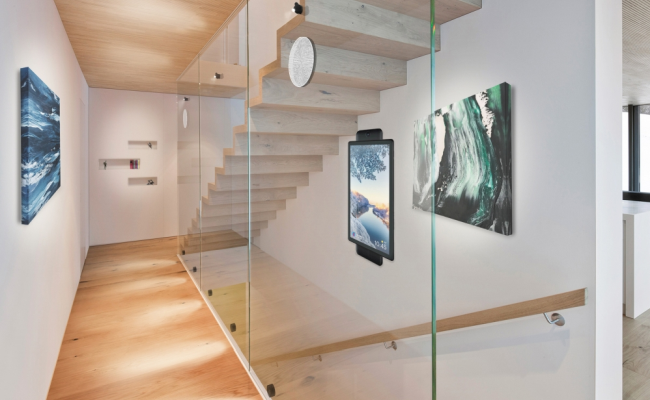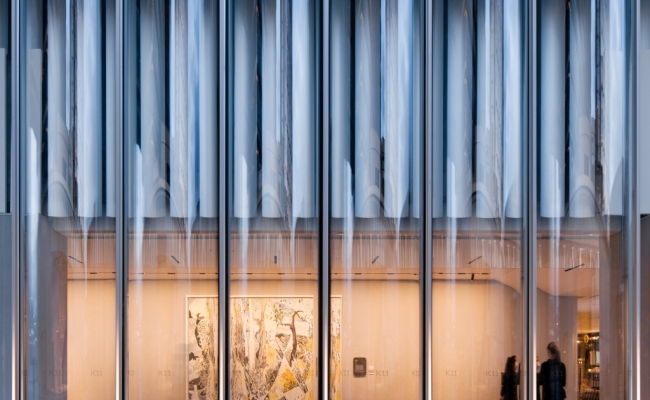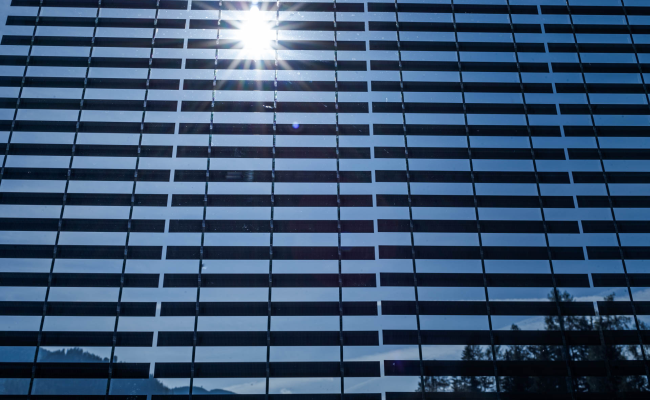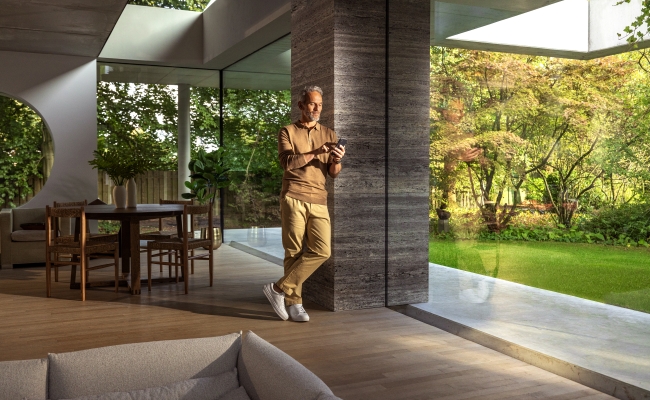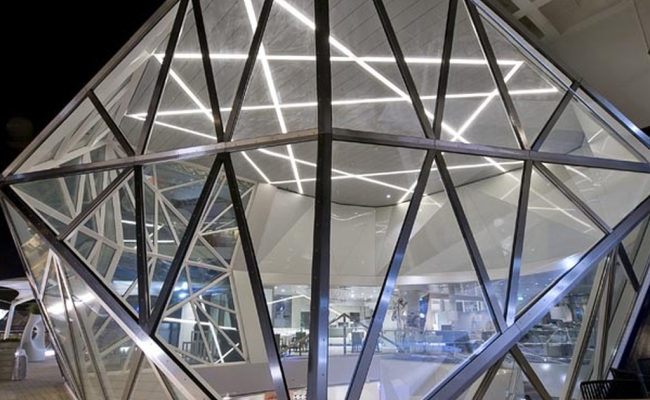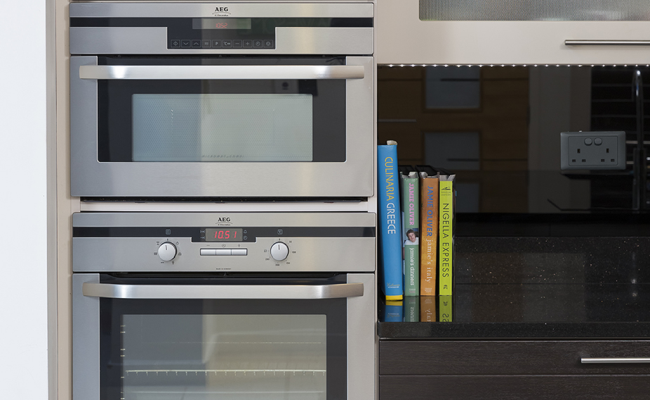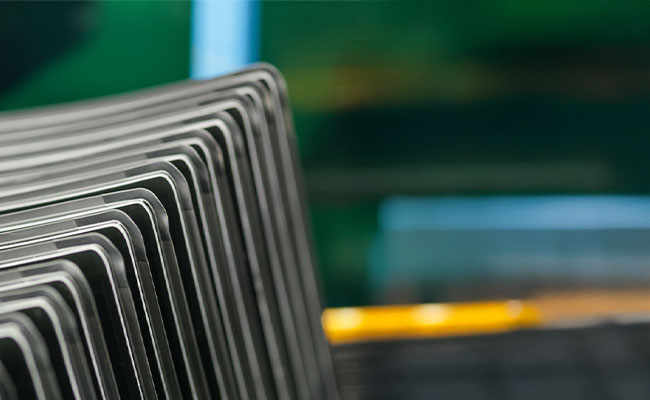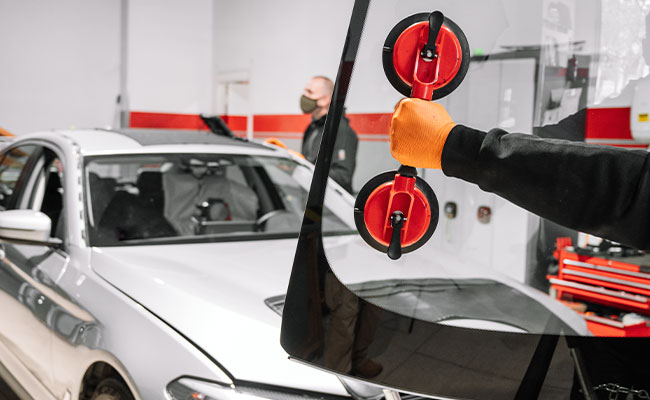Glass Solutions for Horticulture
Modern horticulture demands precision, performance, and sustainability - and the right glass plays a vital role in meeting those standards.
In large-scale greenhouses, specialist glazing can make a significant difference in crop yield, plant health, and energy efficiency.
We offer advanced glass solutions specifically engineered for the unique needs of horticultural businesses.
To learn more, visit our website, which is dedicated to recommended solutions for the use of glass in industrial greenhouses.
How the right glass enhances crop growth
Plants rely on light to grow – but not all light is equal. High-performance horticultural glass can optimise the light spectrum that reaches the plants while controlling heat, UV, and infrared radiation. Here’s how the right glazing supports better growing conditions:
- Maximised light transmission: Clear, low-iron glass offers high light transmittance, allowing the full photosynthetically active radiation (PAR) spectrum to penetrate, which is crucial for photosynthesis and plant development.
- UV control: Some crops benefit from natural UV exposure, which enhances colour, taste, and disease resistance. Glass can be selected or coated to either block or transmit UV light, depending on crop requirements.
- Thermal insulation: Double- or triple-glazed units with low-emissivity (low-e) coatings help maintain stable internal temperatures, reducing heating costs and preventing temperature stress in plants.
- Diffuse light technology: Diffuse glass scatters incoming sunlight, eliminating harsh shadows and ensuring even light distribution across all plants, including lower canopy levels — boosting uniform growth and yield.
- Anti-reflective coatings: These coatings reduce reflection losses and can increase light transmission by up to 10%, supporting productivity year-round, even in low-light seasons.
Choosing the right glass for your greenhouse
Every horticultural operation is different – from flower cultivation and fruit growing to vegetable production. When specifying greenhouse glass, consider the following:
- Crop type: Different species respond to different light and temperature conditions. Tailor glazing performance to suit the biological needs of your plants.
- Geographic location: Climate, light levels, and seasonal variations influence the ideal glass solution. In colder regions, insulating glass may be a priority; in hotter climates, solar control glass may be needed.
- Greenhouse design: The size, shape, orientation, and roof pitch of the greenhouse will affect how light enters the space and how heat is retained or lost.
- Maintenance and longevity: Look for durable coatings with anti-soiling properties to reduce cleaning frequency and maintain high light transmittance over time.
- Sustainability goals: Energy-efficient glazing reduces heating and cooling demand, helping you lower your carbon footprint and operating costs.
Your partner in horticultural glass solutions
We work closely with growers, greenhouse manufacturers, and agricultural engineers to deliver glass products that meet the exact requirements of modern horticulture.
Whether you're upgrading an existing facility or designing a new one, our team can advise on the best combination of light transmission, UV management, and thermal performance for your application.
Contact us today to discuss your project.
